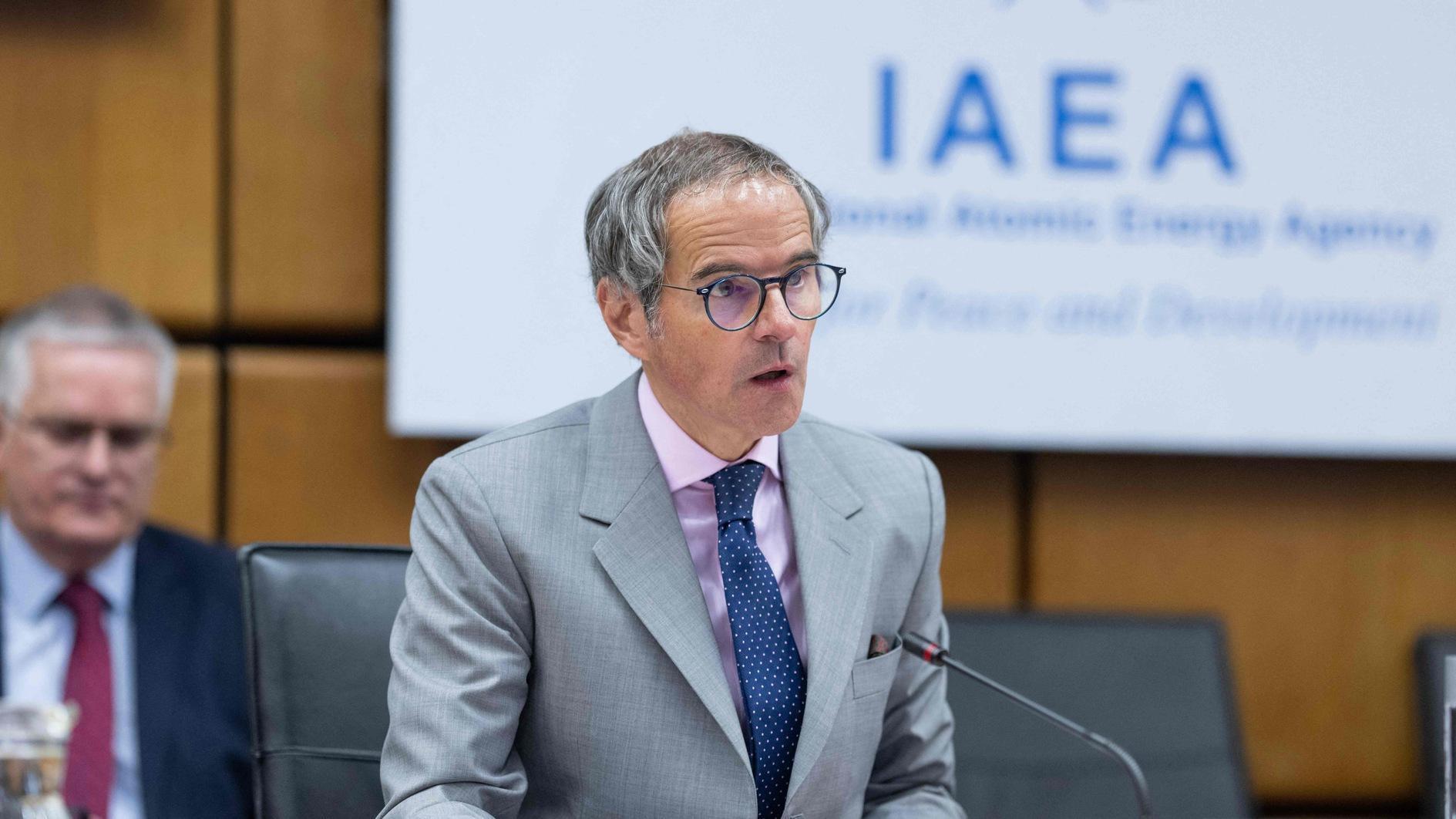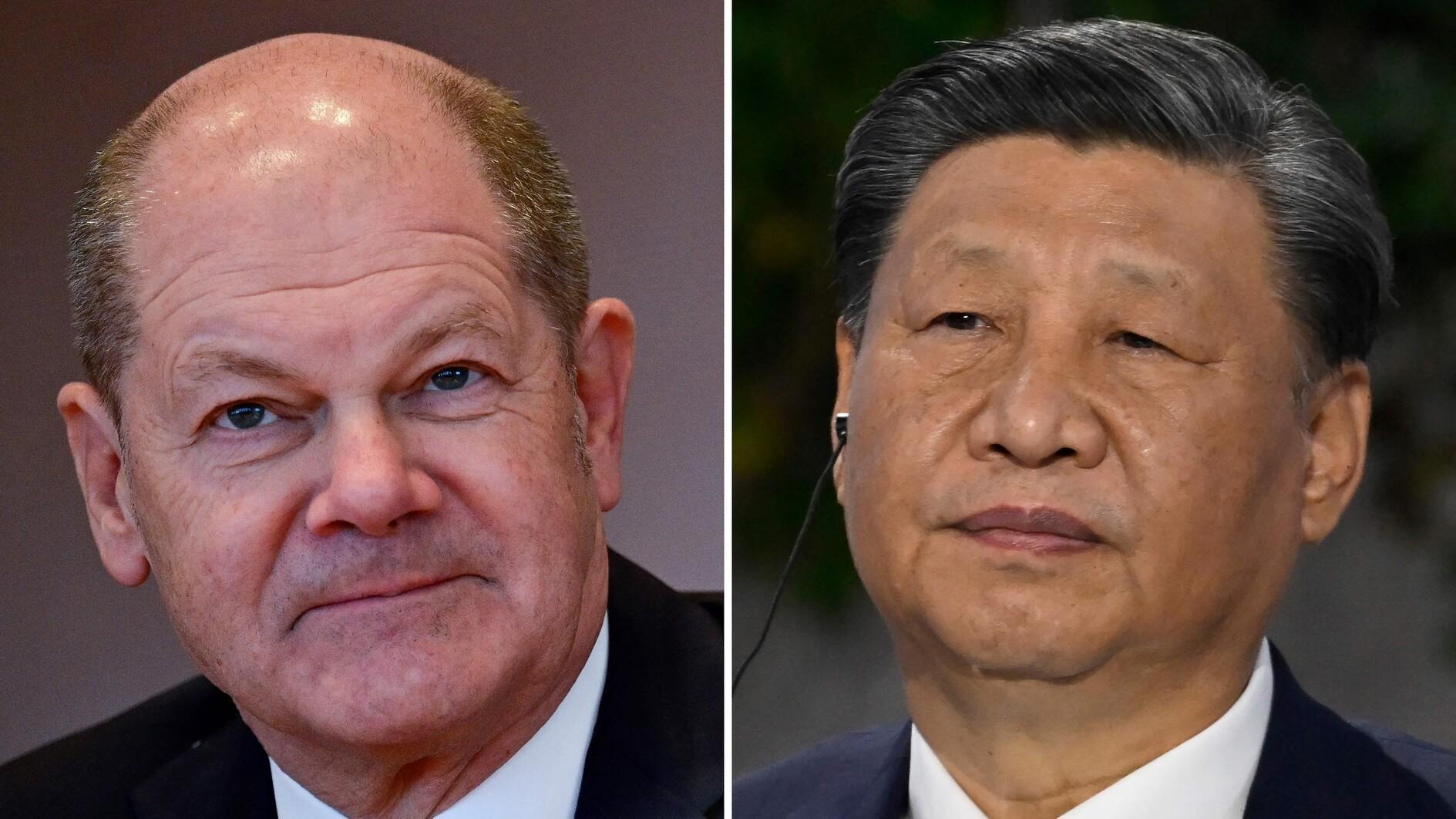Is Kanal Istanbul a gift to Istanbul?
Prime Minister Ahmet Davutoğlu announced the election manifesto of the ruling Justice and Development Party (AKP) on Oct. 4, including some very big economic pledges.
Davutoğlu also referred to “Kanal Istanbul” - the project to build a channel to supplement the Bosphorus Strait - which was named a “crazy project” when it was first announced a few years ago. Scientists fiercely oppose the canal on the grounds that it would harm Istanbul and the Sea of Marmara, but Davutoğlu vowed that the AKP “will complete Kanal Istanbul and present it as a gift to the city, to Turkey, and the world.”
“A gift to Istanbul.” Is that so?
Before including Kanal Istanbul in the AKP’s manifesto, I wish Davutoğlu had reviewed the objections raised against it at the last C20 meeting in Istanbul.
The C20, which brings together civil society groups under the umbrella of the G20, met a couple of weeks ago at Istanbul’s Bosphorus University. It welcomed more than 500 participants from 52 countries.
In one of the sessions at the C20 summit, headed by businesswoman Zeynep Bodur Okyay of the Kale Group, mega projects exceeding $1 billion were discussed, including Kanal Istanbul.
The biggest handicap of mega projects, which are frequently criticized in the media both over their technical aspects and over the political ties of companies typically conducting them, is that they are not transparent.
WWF-Turkey Conservation Director Sedat Kalem said it was not even possible to make a concrete assessment with the limit data provided so far about the Kanal Istanbul project: “Before any intervention, the unique dynamics of the Turkish Straits system have to be understood thoroughly. For this, we need reliable scientific data and simulation works.”
Kanal Istanbul, as Kalem said, will greatly change the city’s natural structure, resources and shape.
The WWF-Turkey report, titled “Either the Kanal or Istanbul,” draws attention to the following aspects:
If the project is completed, the Sea of Marmara may turn into a dead sea. The island that will be formed in the middle of Istanbul, dividing Thrace from the Bosphorus, will require new bridges, water and power lines.
In the newly formed island, the fresh water resources will be filled with salty sea water over time.
The cost of the project ranges anywhere between $5 and $50 billion. Such uncertainty contains considerable economic risks. It is good to remember the example of the Panama Canal, the expansion works of which are still continuing. That work started in 2007 and the cost has ended up far higher than the original estimate of $5.25 billion.
Leaving aside the economic dimension, the Kanal Istanbul project, as Professor Emin Özsoy of Middle East Technical University (ODTÜ) said, may even cause the destruction of Istanbul with the environmental disasters it could create.
Does Prime Minister Davutoğlu really know what Kanal Istanbul, which he presents as “a gift to Istanbul,” may cost our beautiful city?











